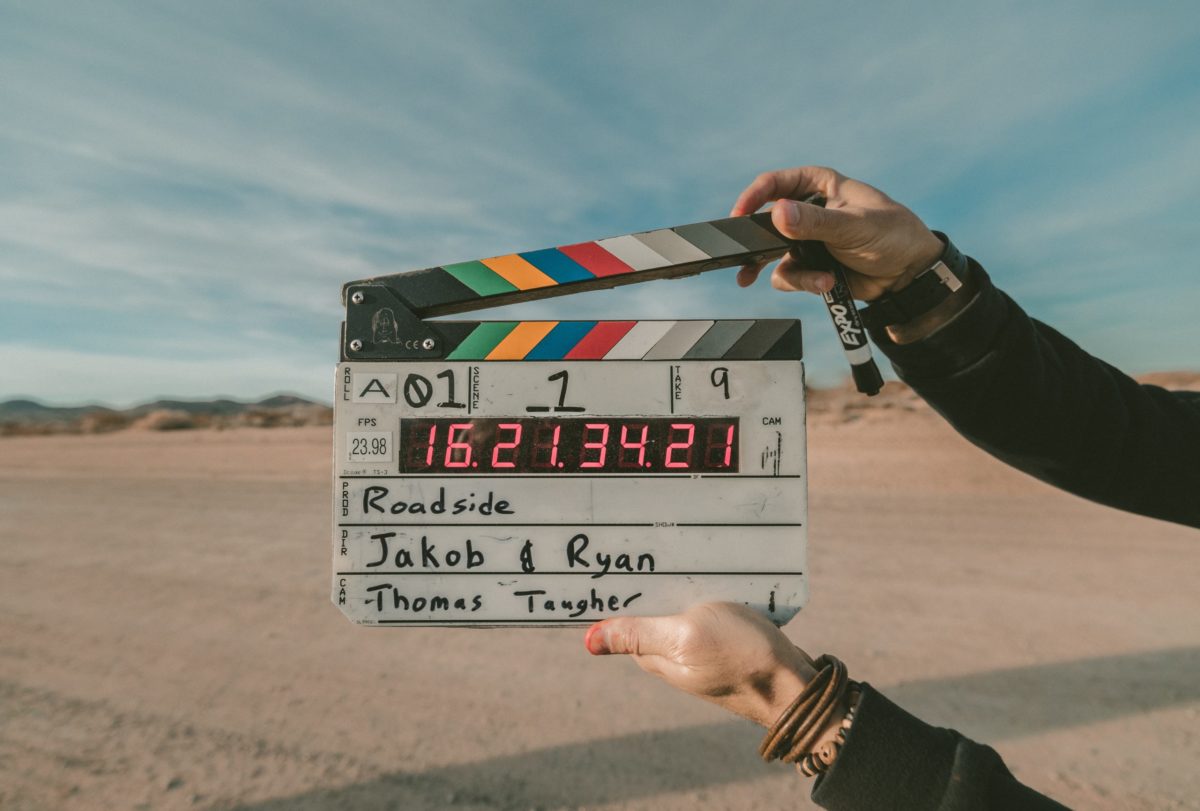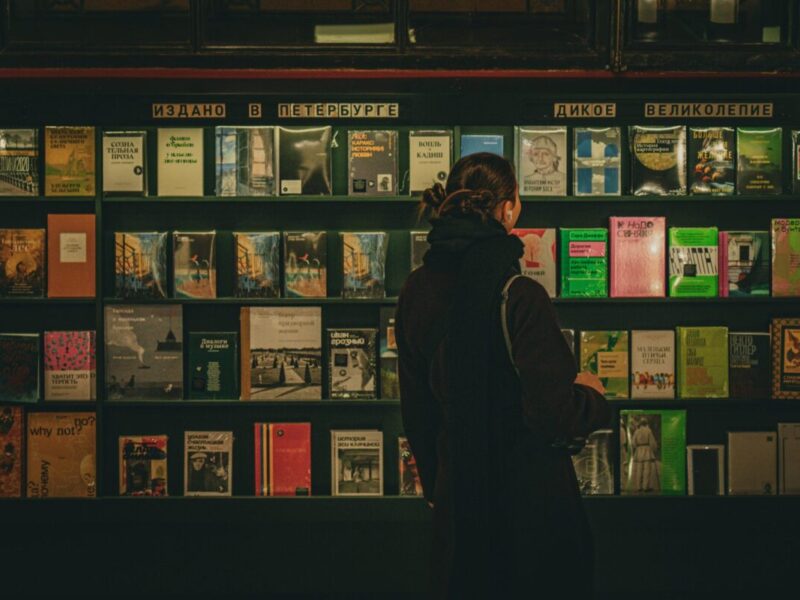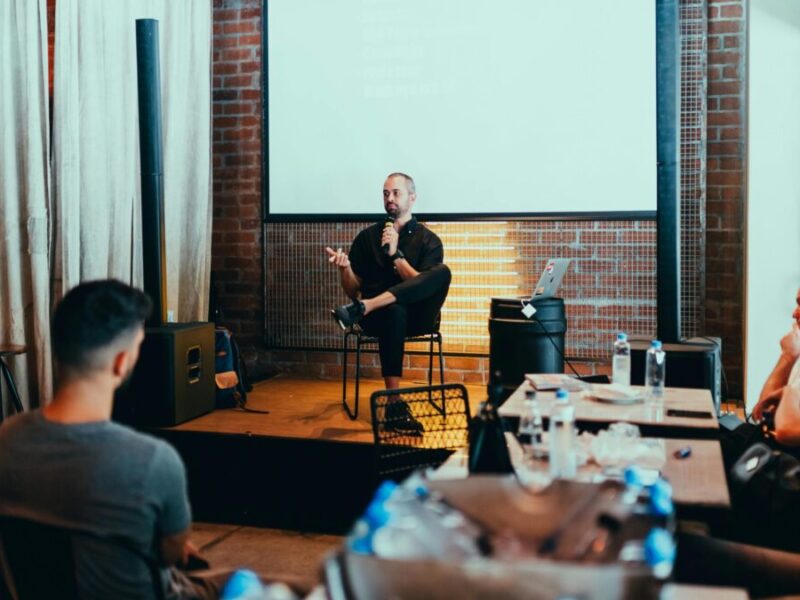Rhythmic, memorable, and often moving, poetry appears in motion pictures more often than we might realize. Poems can help add drama, drive a plot, give characters depth, and add a sense of history, culture, or all-around coolness. From the modern classroom to mind-bending sci-fi, we’ve picked our 5 favorite moments of poetry in film.
“America a Prophecy” by William Blake in Blade Runner (1982)
Loosely based on Philip K. Dick’s sci-fi novel Do Androids Dream of Electric Sheep, the dystopian cult classic Blade Runner tells the story of a former policeman charged with hunting down and killing four bioengineered humanoids. So how does eighteenth-century Wiliam Blake fit into this futuristic picture? Well, Blake’s work is deliberately misquoted by the film’s main antagonist, Roy Batty, when he says “Fiery the angels fell; deep thunder rolled around their shores; burning with the fires of Orc.” (Blake wrote “Fiery the angels rose…” in America a Prophecy). It’s hard to say whether Batty meant to misquote the poem, or if he’d made a (scarily human) mistake. Either way, the poem adds to Batty, and ultimately the entire film, a haunting and perplexing dimension.
“The Hollow Men” by T.S. Eliot in Apocalypse Now
An epic war film based in Vietnam, Apocalypse Now draws inspiration from multiple works of literature, including Joseph Conrad’s Heart of Darkness and “The Hollow Men” by T.S. Eliot. Colonel Walter E. Kurtz, the main antagonist of the film, recites T.S. Eliot’s poem as the main character Captain Willard and an American journalist stand by. “The Hollow Men,” gives viewers insight into Kurtz’s mind—deranged as he may be. The poem illustrates how Kurtz may see his commanders as “hollow men,” but perhaps also himself.
“O Captain! My Captain!” by Walt Whitman in Dead Poets Society
After the inspiring new teacher John Keating (played by the late Robin Williams) is fired from the fictional school of Welton Academy, his students give him a final salute by standing on their desks and reciting “O Captain! My Captain!” A moving scene indeed, the poem and the movie have become forever tied in this sparkling piece of pop culture. Today, “O Captain! My Captain!” is used not just to pay homage to Whitman, but also to Williams and his inspiring career.
“Howl” by Allen Ginsberg in Howl
This 2010 experimental film starring James Franco explores the life and works of Allen Ginsberg. It also re-enacts the poet’s iconic debut performance of “Howl” on October 7, 1955. This reading became a pivotal moment for the Beat Generation and broader society as it led to the collections widely publicized obscenity trial. The film’s retelling has been subject to equal parts criticism and praise, but Chief film critic for New York magazine David Edelstein called Howl “…an exhilarating tribute from one form (cinema) to another (poetry)… It’s a celebration, an analysis, a critical essay, an ode.”
“The Stolen Child” by W.B. Yeats in A.I Artificial Intelligence
Sci-fi meets poetry once again in this Stephen Spielberg production. Set in the 22nd century, A.I. tells the story of a Pinnochio-like android who joins a grieving family. As their complicated family dynamic unfolds, so do many important questions about the ethics of A.I. and ideas about future Earth. When the android, played by Haley Joel Osment, expresses his desire to become a real boy, the refrain from Yeats’ poem, “The Stolen Child” is displayed:
Come away, O human child!
To the waters and the wild
With a faery, hand in hand,
For the world’s more full of weeping than you can understand.




